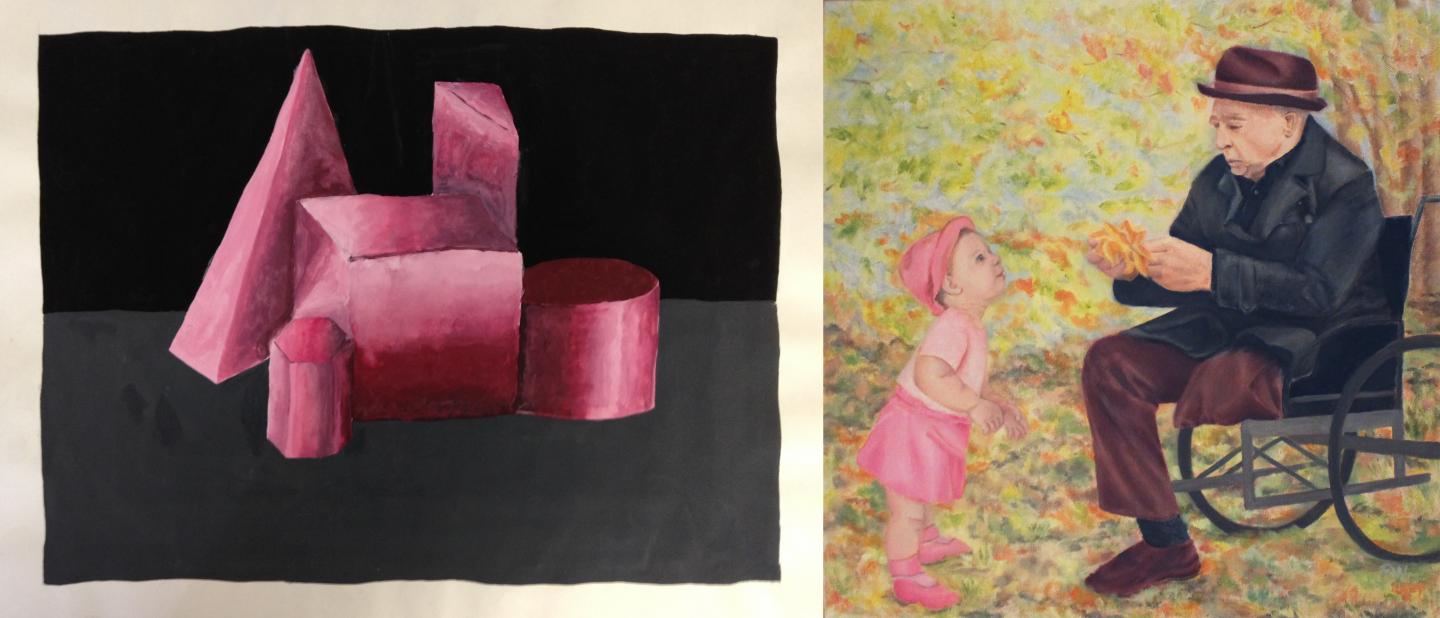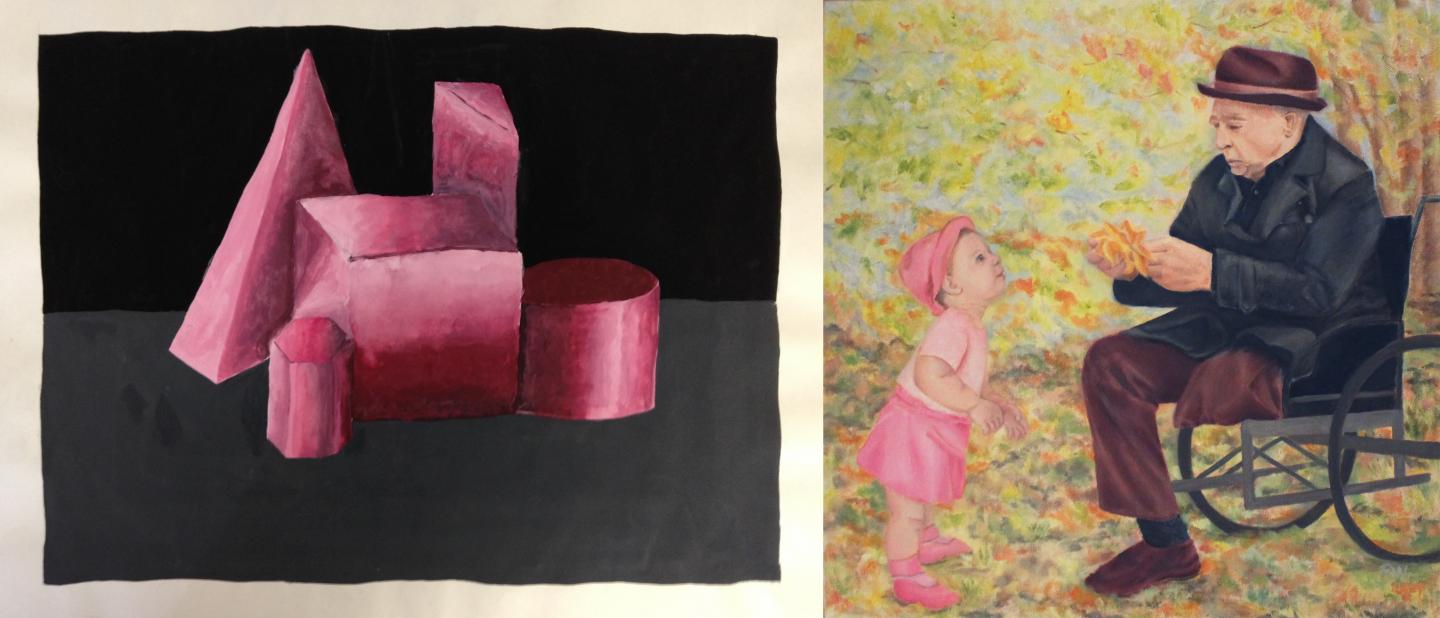
Credit: Rachel Wu UC Riverside
RIVERSIDE, Calif. – One day, our brains will not work the way they used to, we won't be as "sharp" as we once were, we won't be able to remember things as easily.
This is what's been engrained in us. We're even led to believe that we can't learn new skills, or take in certain information such as language, past a certain age.
But, a new theory holds that it doesn't have to be that way. In fact, as adults, if we continue to learn the way we did as children, UCR psychology professor Rachel Wu asserts, we can redefine what it means to be an "aging" adult.
Wu has published "A Novel Theoretical Life Course Framework for Triggering Cognitive Development Across the Lifespan," in the journal Human Development. In the paper, she redefines healthy cognitive aging as a result of learning strategies and habits that are developed throughout our life. These habits can either encourage or discourage cognitive development.
"We argue that across your lifespan, you go from 'broad learning' (learning many skills as an infant or child) to 'specialized learning,' (becoming an expert in a specific area) when you begin working, and that leads to cognitive decline initially in some unfamiliar situations, and eventually in both familiar and unfamiliar situations," Wu said.In the paper, Wu argues that if we reimagine cognitive aging as a developmental outcome, it opens the door for new tactics that could dramatically improve the cognitive health and quality of life for aging adults. In particular, if adults embrace the same "broad learning experiences" (characterized by six factors below) that promote children's growth and development, they may see an increase in their cognitive health, and not the natural decline that we all expect.
Wu and her collaborators define "broad learning," as encompassing these six factors:
1. Open-minded, input-driven learning (learning new patterns, new skills, exploring outside of one's comfort zone).
2. Individualized scaffolding (consistent access to teachers and mentors who guide learning).
3. Growth mindset (belief that abilities are developed with effort).
4. Forgiving environment (allowed to make mistakes and even fail).
5. Serious commitment to learning (learn to master essential skills, persevere despite setbacks).
6. Learning multiple skills simultaneously.
The researchers explain that intellectual engagement (via the six factors) declines from infancy to aging adulthood as we move from "broad learning" to "specialization." They argue that, during infancy and childhood, engaging in these six factors actually increases basic cognitive abilities (e.g., working memory, inhibition, attention), and they predict that the same is the case in adulthood.
Wu and the researchers define "specialized learning," as encompassing these factors:
1. Closed-minded knowledge-driven learning (preferring familiar routines, staying within our comfort zones).
2. No scaffolding (no access to experts or teachers).
3. Unforgiving environment (high consequences for mistakes or failing, such as getting fired).
4. Fixed mindset (belief that abilities are inborn talent, as opposed to developed with effort).
5. Little commitment to learning (adults typically learn a hobby for a couple months, but then drop it due to time constraints and/or difficulty).
6. Learning one (if any) skill at a time.
"When you look across the lifespan from infancy, it seems likely that the decline of broad learning has a causal role in cognitive aging. But, if adults were to engage in broad learning via the six factors that we provide (similar to those from early childhood experiences), aging adults could expand cognitive functioning beyond currently known limits," Wu said.
Wu makes the case that we naturally tend to shift from "broad learning," to "specialized learning," when we begin our careers, and at that point, cognitive aging begins. As we settle into our work roles, we become more efficient in our day-to-day expectations and activities, and rarely stray from that. Though there are some benefits to it, such as having more efficient and accurate responses in appropriate situations, there are also downfalls, such as holding wrong assumptions or difficultly overriding these assumptions.
"We still need to test our theory with specific scientific studies, but this theory is based on over five decades of research. What I want adults to take away from this study is that we CAN learn many new skills at any age," Wu said. "It just takes time and dedication. We seem to make it very difficult on ourselves and other adults to learn. Perhaps this is why some aspects of cognitive aging are self-imposed."
###
Media Contact
Mojgan Sherkat
[email protected]
951-827-5893
@UCRiverside
http://www.ucr.edu
Original Source
https://ucrtoday.ucr.edu/45473





